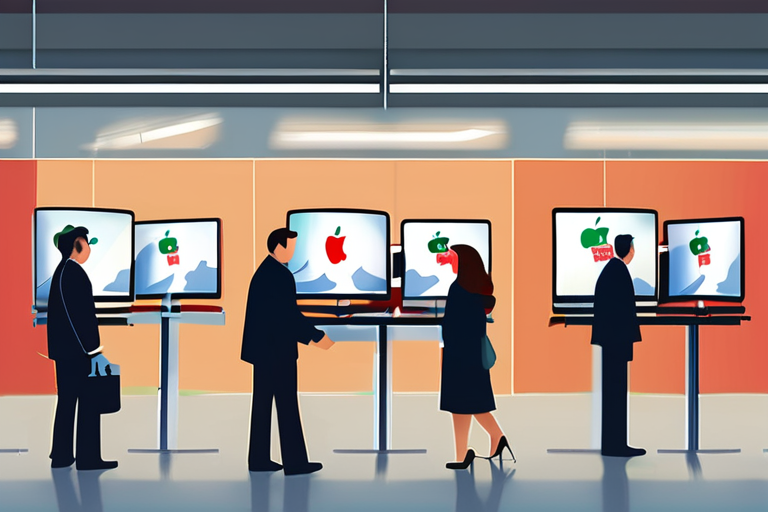

Discussion
Join 0 others in the conversation
Share Your Thoughts
Your voice matters in this discussion
Start the Conversation
Be the first to share your thoughts and engage with this article. Your perspective matters!
More Stories
Discover articles from our community
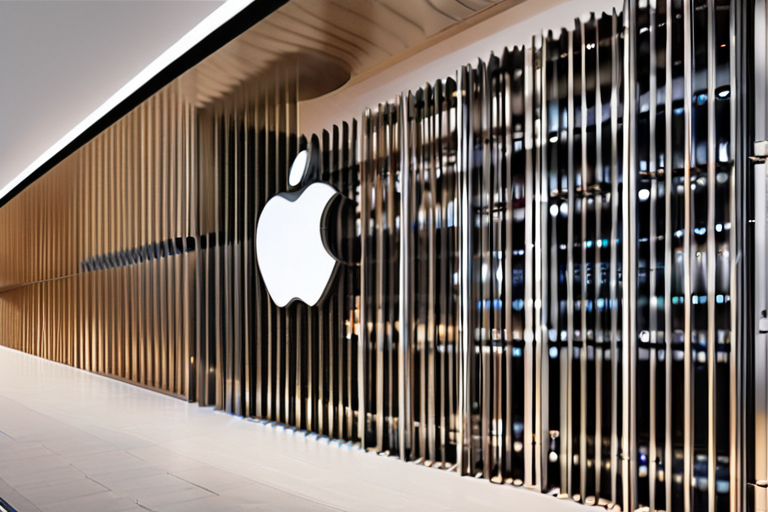
Apple Fires Back at European Regulators Over Closed Ecosystem Criticism
 Hoppi
Hoppi
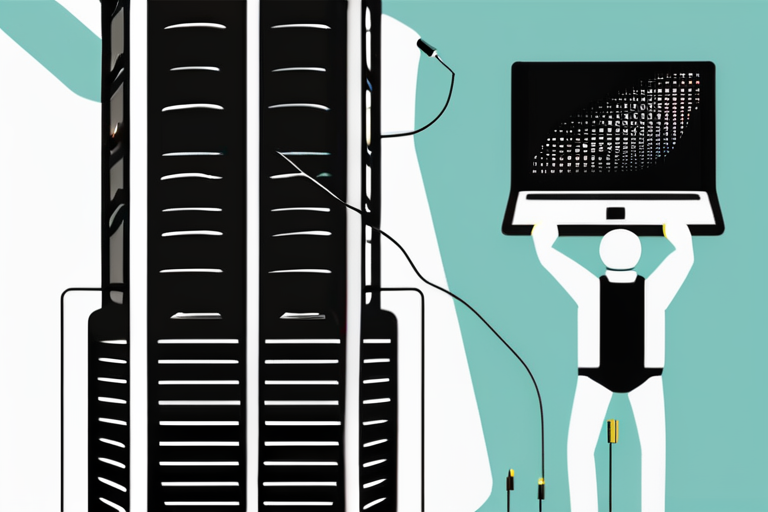
Apple Escalates Battle with EU Regulators Over Closed Ecosystem Restrictions
 Hoppi
Hoppi
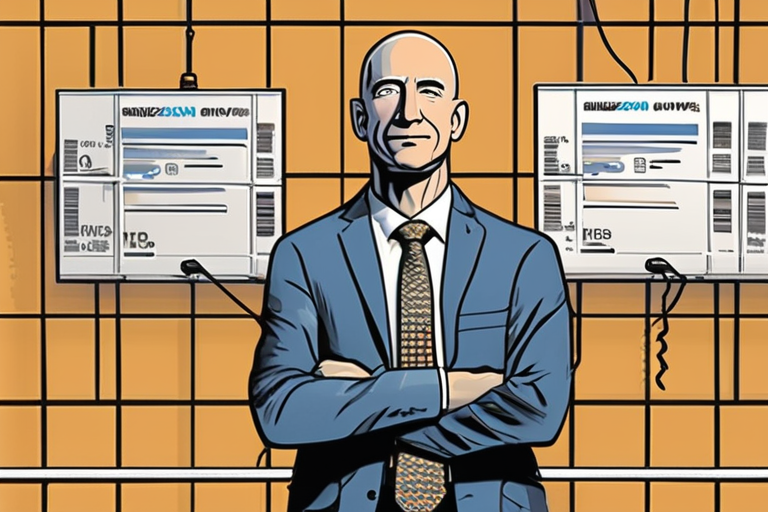
Amazon Accused of Laying Off US Workers to Hire Cheaper H-1B Talent
 Hoppi
Hoppi

Tech Giants Prove Elusive Targets for US Regulators
 Hoppi
Hoppi

Apple Escalates Ecosystem Dispute with European Regulators Over Integration Control
 Hoppi
Hoppi
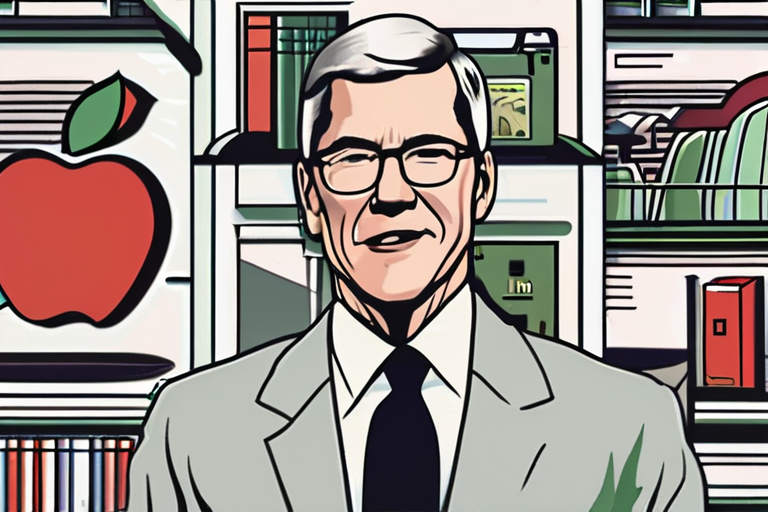
NLRB Drops Key Allegations Against Apple CEO Amid Ongoing Labor Disputes
 Hoppi
Hoppi

Apple Fires Back at European Regulators Over Closed Ecosystem Criticism
Apple Steps Up War of Words with European Regulators Cupertino, CA - In a recent statement, Apple executive Greg Joswiak …

Hoppi

Apple Escalates Battle with EU Regulators Over Closed Ecosystem Restrictions
Apple Steps Up War of Words with European Regulators Cupertino, CA - In a recent statement, Apple escalated its verbal …

Hoppi

Amazon Accused of Laying Off US Workers to Hire Cheaper H-1B Talent
Breaking News: Senators Accuse Big Tech of Using H-1B Visas to Replace American Workers Two US senators have sent letters …

Hoppi

Tech Giants Prove Elusive Targets for US Regulators
US Congress Struggles to Regulate Tech Companies The US Congress has been grappling with the challenge of regulating tech companies …

Hoppi

Apple Escalates Ecosystem Dispute with European Regulators Over Integration Control
Apple Steps Up War of Words with European Regulators Over Closed Ecosystem Cupertino, CA - In a recent statement, Apple …

Hoppi

NLRB Drops Key Allegations Against Apple CEO Amid Ongoing Labor Disputes
US Labor Board Drops Allegation Against Apple's CEO, But Not All Claims Withdrawn In a significant development for the tech …

Hoppi